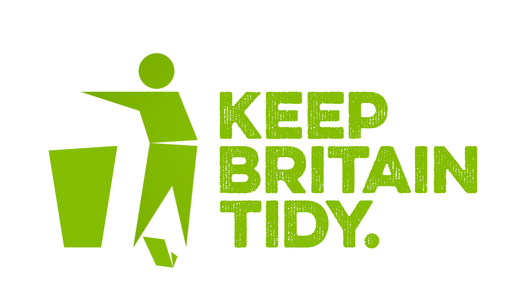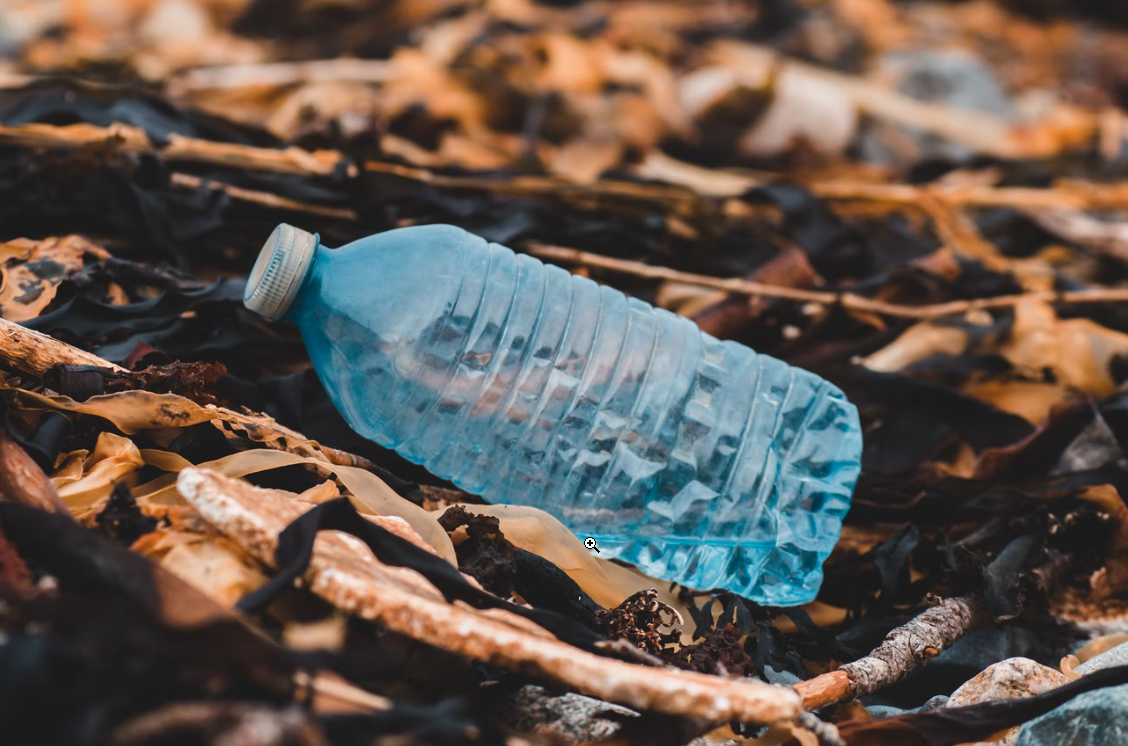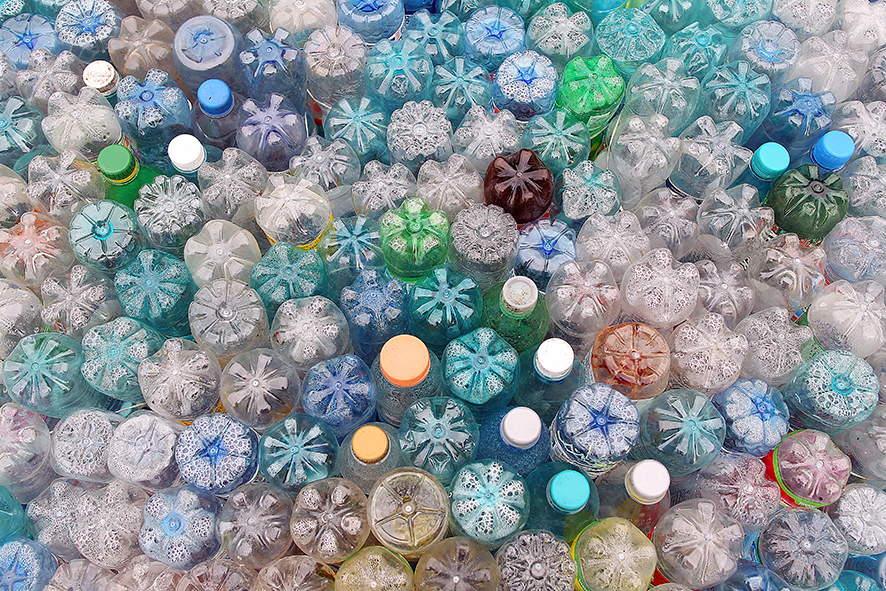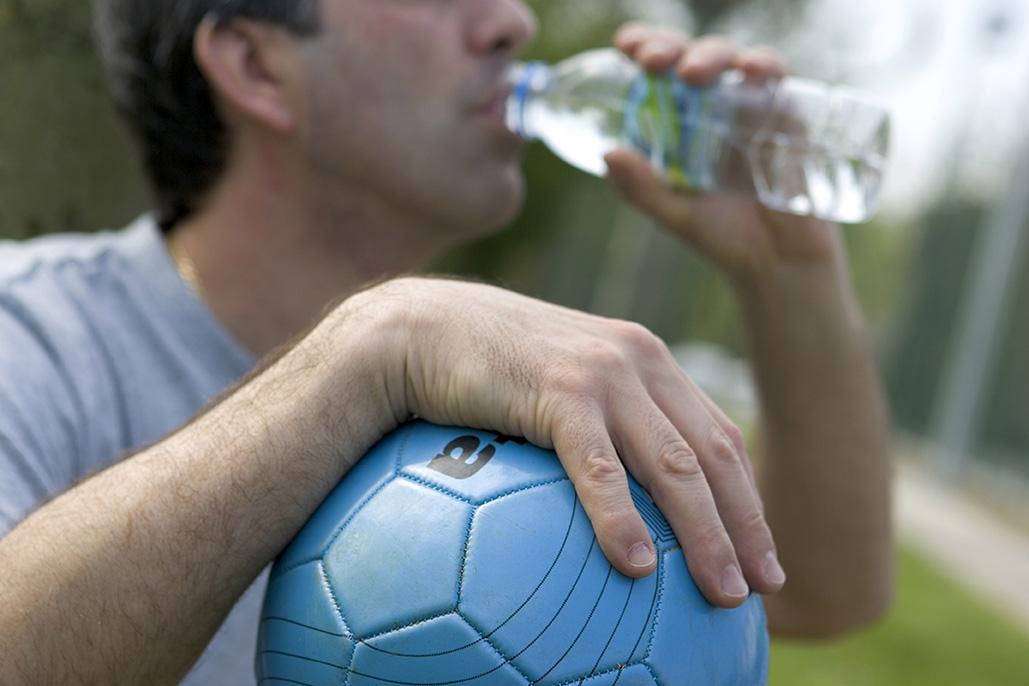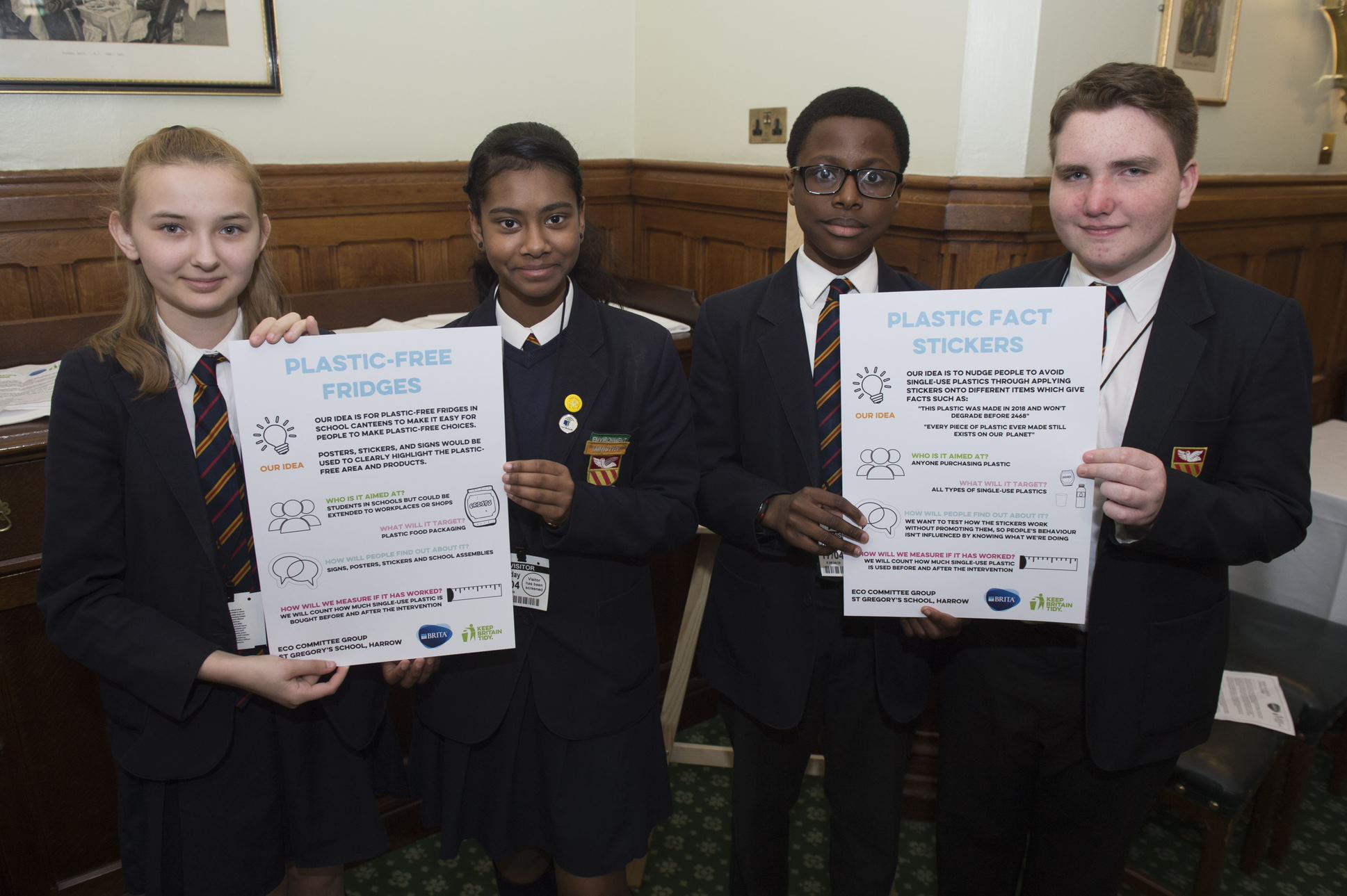
#SwapForGood - Engaging young people in single-use plastics with BRITA
#SwapForGood: Keep Britain Tidy’s deliberative research with BRITA, engaging children and young people in the issue of single use plastics.
Overview & Objective
As the UK moves towards ending its reliance on single-use plastics, it is vital that the views of the next generation are considered.
With Keep Britain Tidy’s aspiration to end waste for now and future generations, and BRITA’s longstanding commitment to offering consumers more sustainable alternatives to single-use plastic, there was a shared ambition. Keep Britain Tidy and BRITA have therefore worked together to educate the next generation on the issues of single-use plastics, and bring their voice to this very current and important debate.
Approach
This project was delivered by Keep Britain Tidy and forms part of BRITA’s wider #SwapForGood campaign which aims to help eradicate the use of single-use plastic bottles by encouraging people to make small changes to their lifestyle that can have a big impact on the environment.
Deliberative research was used to engage children and young people deeply in the issue of single-use plastics, with a total of 88 young people taking part in the project. It included the following:
Diary: Children completed a ‘plastics diary’ over one week.
Workshop Day One: Keep Britain Tidy came together with each group of children to learn about plastics.
Challenge: Children were presented with a challenge to reduce their use of single-use plastics for one week.
Workshop Day Two: The children discussed what they had learned from their challenge, such as which plastics they found easier to reduce.
Outcome
-
The key outputs from the children and young people’s inquiry into single-use plastics were the development of effective solutions to encourage others to reduce their use of single-use plastics. These are outlined in Keep Britain Tidy’s full report, ‘Children and young people’s inquiry into single-use plastics'.
-
The research process has engaged children and young people and enabled them to both change their own behaviour and develop ways in which they can encourage others.
-
These interventions address a range of single-use plastics and also use a range of behaviour change techniques. These vary from nudges (e.g. placing stickers on plastic food packaging and arrows towards safe drinking water taps), to education and community engagement (e.g. litter art and education in the local area), to using incentives (e.g. a points system in supermarkets or a competition in schools).

